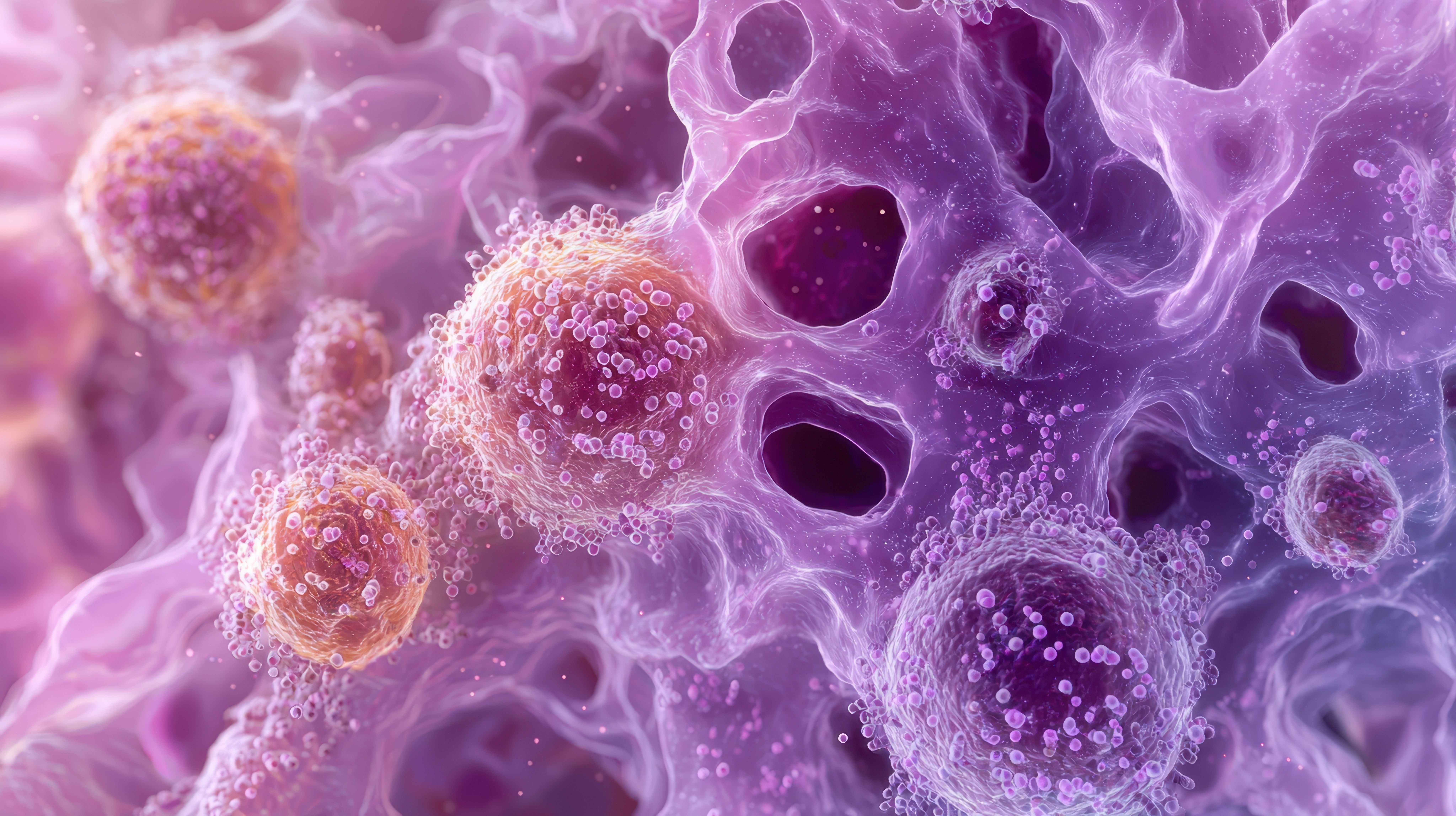Article
Scientists Peel Back Mechanisms of Tumor-Infiltrating Immune Cells in Triple-Negative Breast Cancer Subtype
Author(s):
The findings highlight the role of Tregs in suppressing the immune response.
The depletion of regulatory T cells (Tregs) increases checkpoint inhibition in claudin-low breast cancer, according to a recent study.
Breast cancer is the leading cause of cancer-related death among women in the United States. The availability of early detection and targeted therapies have improved patient outcomes; however; treating claudin-low breast cancer, an aggressive subtype of triple-negative breast cancer with poor prognosis, remains a challenge.
Although findings have suggested a potential inverse correlation between immune cell infiltration and breast cancer patient prognosis, it has not been confirmed.
In a study published in JCI, investigators sought to gain a better understanding of the mechanisms of tumor-infiltrating lymphocytes (TILs) and the association with poor clinical outcomes for patients with claudin-low tumors.
The investigators found claudin-low tumors in humans have an increased expression of CD4+ T cells and Treg-associated genes in the claudin-low subtype.
Next, investigators used a mouse model of breast cancer and found that checkpoint inhibition therapy did not reduce the growth of claudin-low tumors.
This suggests that the increases in Tregs interfered with immune-targeting during checkpoint inhibition therapy, providing claudin-low tumors with protection, according to the study. When the Tregs were depleted in the mice, checkpoint inhibition therapy delayed claudin-low tumor growth.
“Claudin-low tumors are highly enriched with Tregs,” the authors wrote. “Enhancing the immune response to these tumors by depleting Tregs in addition to immune checkpoint inhibition impaired tumor growth and prolonged survival, but was insufficient to mediate tumor regression. Generation of CXCL12 by the tumor cells played a modest role in the recruitment of Tregs to the tumor site.
These findings highlight the role of Tregs in suppressing the immune response in claudin-low breast tumors.
“These studies suggest that future clinical trial for patients with triple-negative breast cancer should target the immunosuppressive environment generated by the tumor in combination with checkpoint inhibition,” the authors concluded.
Newsletter
Stay informed on drug updates, treatment guidelines, and pharmacy practice trends—subscribe to Pharmacy Times for weekly clinical insights.





